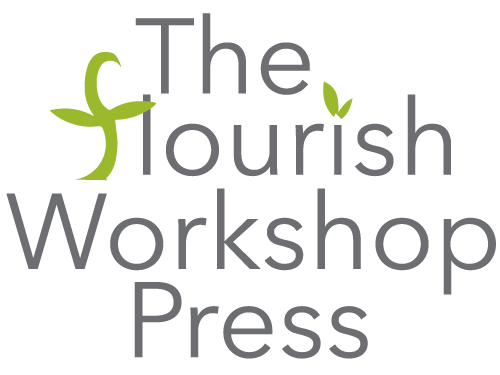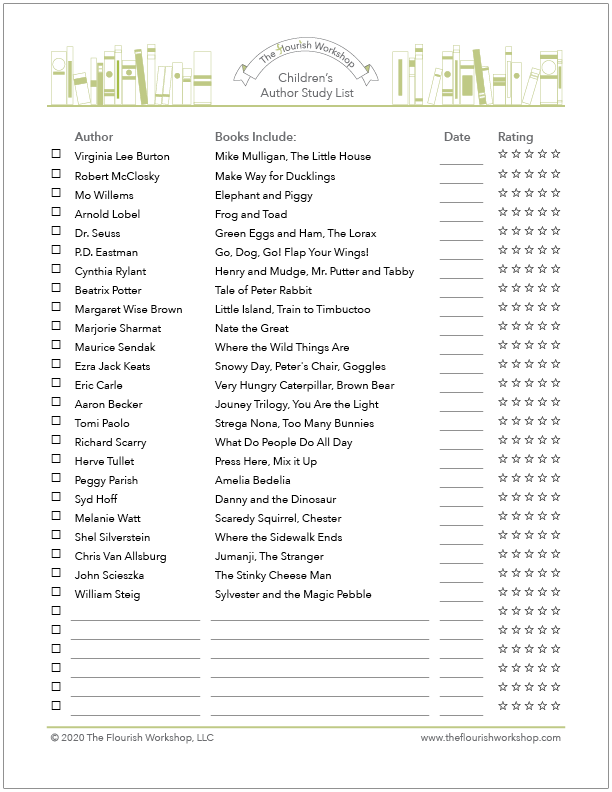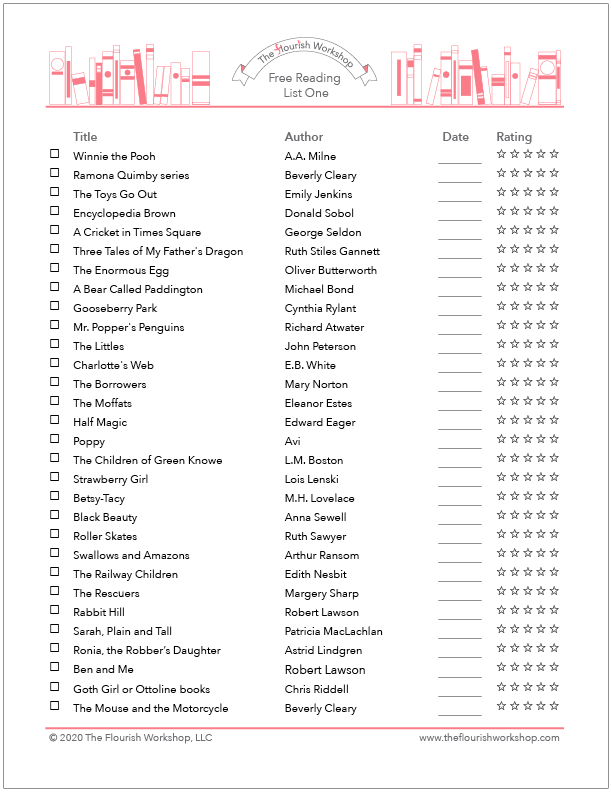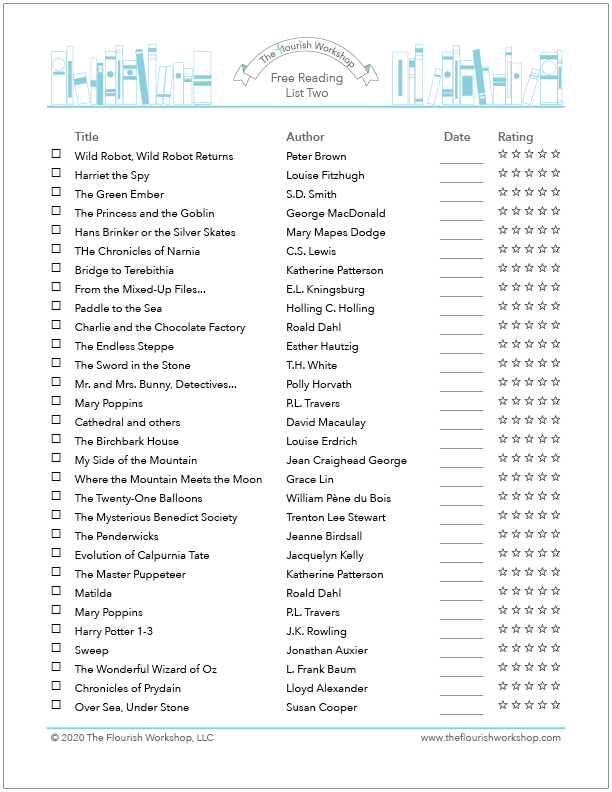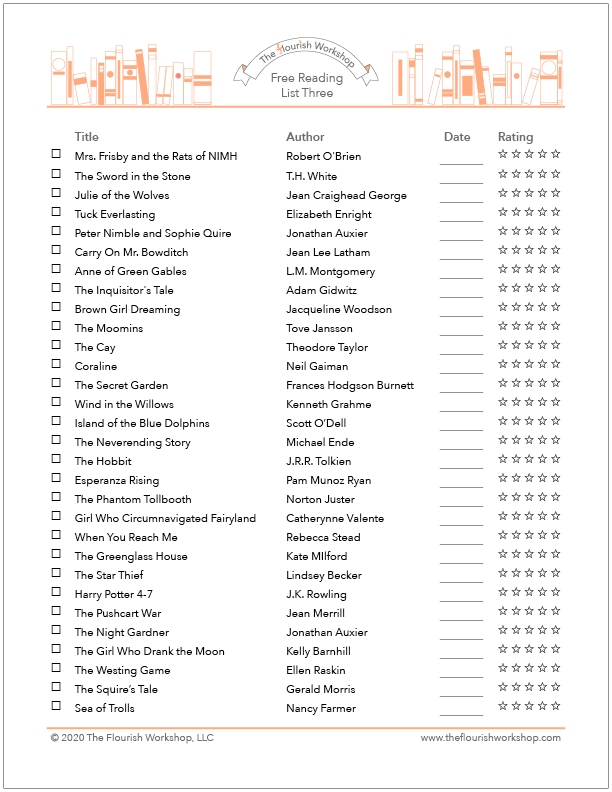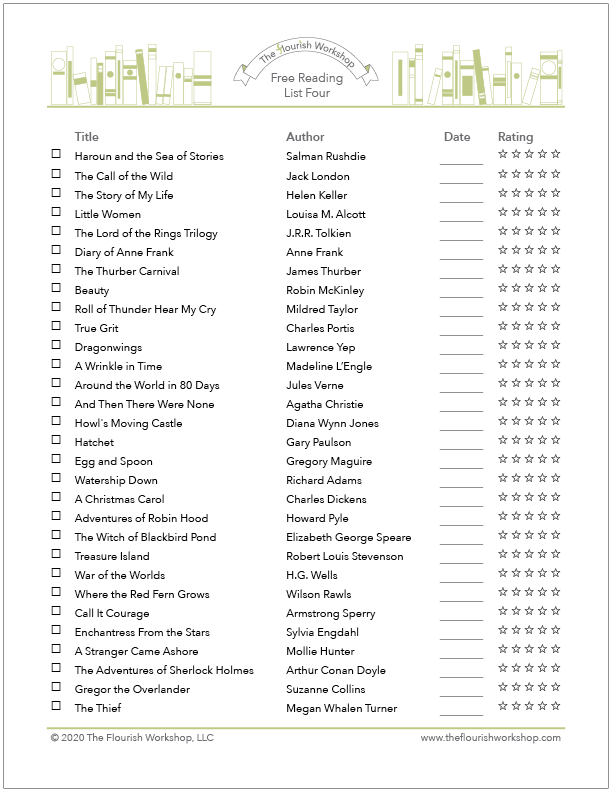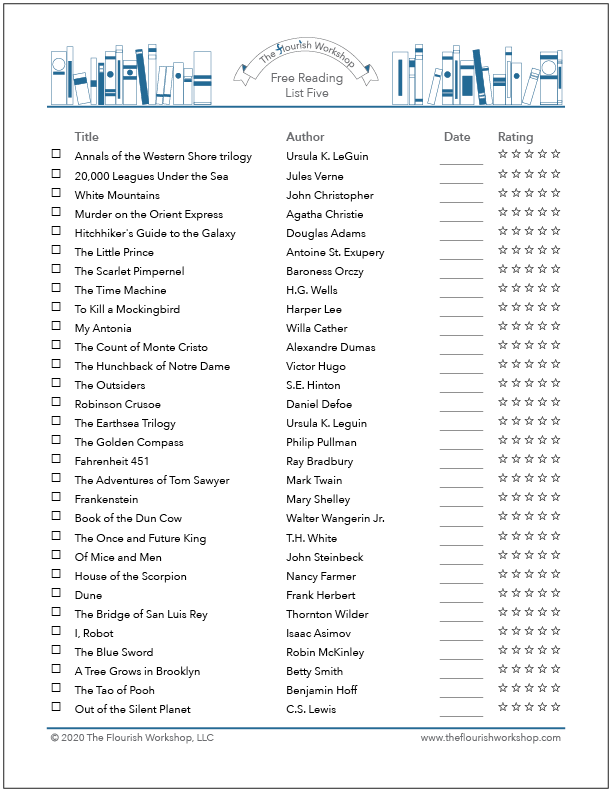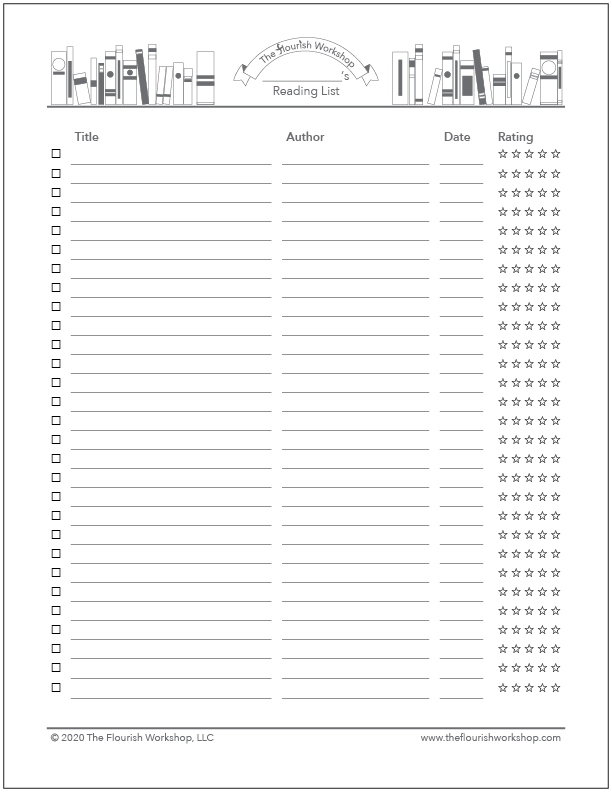Literature & Ideas

Overview
Students will read, analyze, and discuss imaginative and philosophical works that attempt to understand and communicate the human experience through language. In the process, they will see a wider view of their own lives and society and begin to understand and articulate fundamental truths about themselves, other people, and the world. Includes content in reading, literature, philosophy, and world religions.
Early Primary (years 1 & 2)
The early years focus on helping students to become fluent, independent readers of both fiction and nonfiction texts. They will also read or listen to many different stories and poems and engage in conversations about them. Students should be able to summarize short texts, formulate and support opinions, answer basic comprehension questions, and contribute meaningfully to discussions.
Reading
- (Text) Explode the Code: A workbook-based phonics program that covers letter sounds and phonograms.
- (Text) Beginning Readers: Easy-to-read books by authors that include Mo Willems, Cynthia Rylant, Dr. Seuss, P.D. Eastman, and others.
Literature
- (Text) Vintage Poetry for Modern Kids: A compilation of our favorite poems and corresponding activities.
- (DIY) Stories and the Worlds In Which They Live: Once-per-week journey into the imaginative realm of books. Includes a reading of a selected text, conversation about the story, and a correlated activity. We will include resources and guides as soon as they are ready to share.
Resources
- More resources coming soon!
Late Primary (years 3 & 4)
Students will engage in extended studies of a few carefully selected works. The will continue their study of poetry with some of the more complex texts in Vintage Poetry for Modern Kids, and they will begin to think about human nature with a gentle introduction to philosophy.
Literature
- (Text)Vintage Poetry for Modern Kids: A compilation of our favorite poems and corresponding activities.
- (DIY) Hearing Voices: 4 to 6-week studies of elementary and middle-grade novels from a diverse range of authors. Students will read texts independently or listen to them read aloud, participate in conversation about plot, character, setting, and theme, and engage in hands-on activities related to the novel. We will include resources and guides as soon as they are ready to be shared.
World Religions and Philosophy
- (Text) Philosophy for Kids: 40 Questions to Help You Wonder About Everything Introduces students to philosophical issues raised by notable philosophers.
Resources
- More resources coming soon!
Early Intermediate (years 5 & 6)
Students compare and contrast texts centered around a common theme, read and discuss a selection of poems, and begin to learn about various ways people seek to understand the meaning and purpose of life through a general introduction to world religious traditions.
Literature
- (Text)How to Read a Poem: Based on the Billy Collins Poem “Introduction to Poetry”: Students will use Runyon’s text as a guide to help them learn to understand the imagery, sound, meaning, and other aspects of poems.
- (DIY) Variations on a Theme: A comparative study of novels, short stories, nonfiction works, films, plays, or poems that share a common theme. Students will read texts independently, generate written responses, participate in discussions, and engage in creative projects related to the texts under consideration. Possible themes might include the following: Tellings and Retellings, Schools of Magic, Mysteries, Victorian Fairy Tales, Dragons!, The Rise of Robots, The Immigrant Experience, Search for Identity, and so on. We will include resources and guides as soon as they are ready to be shared.
World Religions and Philosophy
- (Text and DIY) Comparative Religion: Investigate the World Through Religious Tradition: Students will gain a basic overview of the geographic, cultural, and spiritual foundations of Christianity, Hinduism, Islam, Buddhism, and Judaism. The text can be used as a springboard for more in-depth study of any or all of the religious traditions introduced.
Resources
- More resources coming soon!
Late Intermediate (years 7 & 8)
Students will read illustrative examples of each of the major literary genres while learning the vocabulary and methodology of literary analysis. Texts under consideration will include plays by Shakespeare and a survey of British and American poetry. Students will also read primary texts from selected faith traditions and critical works that will help them understand and appreciate the traditions.
Literature
- (DIY) British and American Poetry Survey: A chronological study of notable works by Britsh and American poets. We will include texts and other resources as soon as they are ready to be shared.
- (DIY) Literary Forms: An overview of the major literary genres, including the short story, novel, drama, and poetry. Students will learn the terminology and techniques of literary analysis and gain practice writing short response essays. We will include texts and other resources as soon as they are ready to be shared.
- (DIY) Shakespeare: A study of two plays by Shakespeare each year. Students will read a brief summary, listen to a professional cast recording, engage in a close reading of selected passages, and watch film adaptations of the plays. We will include texts and other resources as soon as they are ready to be shared.
World Religions and Philosophy
- (Text and DIY) A Little History of Philosophy: Short, accessible biographies of 40 philosophers that Students can use to help them choose philosophers to study individually in more depth.
- (Text) The World’s Religions: An accessible and engaging introduction to the teachings of the world’s predominant faiths, including Hinduism, Buddhism, Confucianism, Taoism, Judaism, Christianity, Islam, and regional native traditions.
- (DIY) Text and Context: Tao Te Ching and The Tao of Pooh and the Te of Piglet
- (DIY) Text and Context: What the Buddha Taught and Teachings of the Buddha (there are many different texts that include Buddhist teachings. The linked text is one of many options).
Resources
- More resources coming soon!
Secondary (years 9-12)
Students will apply their foundational understanding of literature, philosophy, and theology to explore focused topics in depth. They will help design courses that reflect their interests and potential future pursuits.
Literature
- (DIY) Literary Pathways: A geography, period, genre, or theme-based approach to the study of literature. Possible pathways might include the following: Hero’s Journey, Heroes and Sages, Epic Adventures, Shadows and Illuminations, Brave New Worlds, Insiders and Outsiders, Coming of Age, Word Makes the World, and so on. We will include texts and other resources as soon as they are ready to be shared.
- (Text) The Ode Less Traveled: Unlocking The Poet Within: Presents a detailed, engaging overview of poetic technique, including meter, rhyme, form, diction, and poetics. In the process of experimenting with writing poetry, students will learn how to understand and analyze poems written by others.
- (DIY) Drama: A study of two plays by Shakespeare or another dramatist each year. Students will read a brief summary of each play, listen to a professional cast recording, engage in a close reading of selected passages, and watch film adaptations of the plays. We will include texts and other resources as soon as they are ready to be shared.
World Religions and Philosophy
- (DIY) Text and Context: The Bible, The God We Never Knew, Mere Christianity, and Essential Judaism
- (DIY) The Koran and The Sacred Path to Islam
- (DIY) The Analects by Confucious and Introduction to Confucianism
- (DIY) The Bhagavad Gita, The Vedas, and Hinduism: Ritual, Reason, and Beyond
- (DIY) An Introduction to Philosophy (such as Puzzles, Paradoxes, and Problems) and primary texts by great philosophers such as The Stoic Philosophy of Seneca, Plato’s Republic, and others.
Resources
- More resources coming soon!
